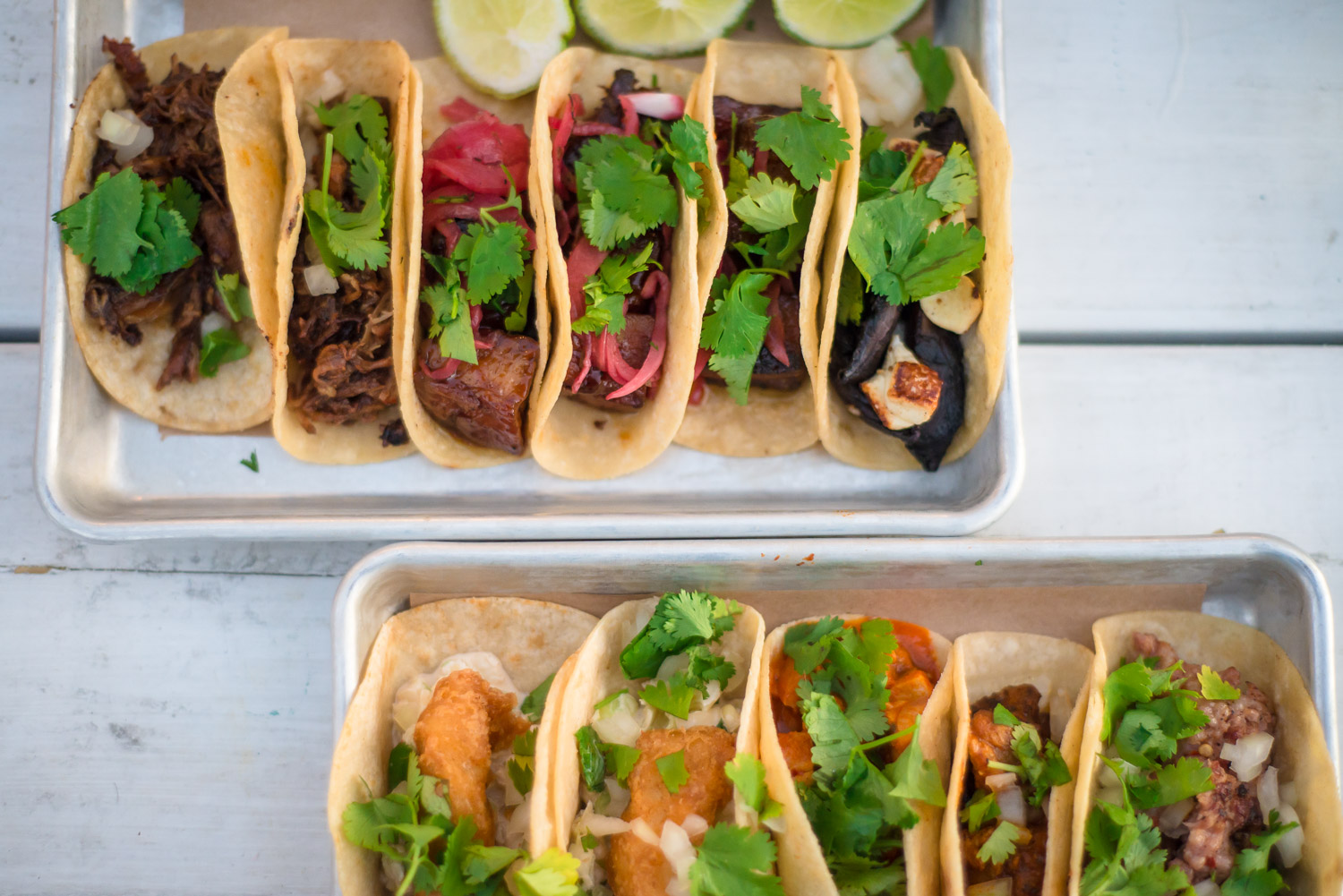
Welcome to the fourth post in my Journey to a Debt-Free Home series! Last time, I talked about the strategy we’re using to turn our dream into a reality. Today, I’m sharing 5 important budget categories we’re funding while still saving aggressively.
I’m chronicling our journey to a debt-free home in this 5-part series, but I plan to expand it as we have life updates to share!
If you missed any of the previous installments, you can catch up here:
- The Plan
- The Why
- Making Debt-Free Home Ownership Happen
- Important Budget Categories (You are here!)
- Why We Plan to Build Instead of Buy
Also, if you have any questions, leave them down in the comments section below. I love getting to connect with you there!
5 Important Budget Categories We’re Still Funding
When you’re excited about a big savings goal, it’s natural to start squirreling away every extra dollar you can find!
It’s also easy to get burned out that way.
Over time, we’ve discovered two keys to maintaining long-term excitement while saving toward a big goal: priorities and balance.
Even though we’re putting a large chunk of our income toward our future home, we’re still funding these 5 important budget categories every month.
And we won’t be pausing them—not even for a little while. Each one plays an important role in our plan.
1. Tithing
Tithing is very important to us because of our faith, and is always the first thing we budget every month. We take 10% off the top of our income and give it to our local church.
We choose to tithe the first part of our income for many reasons—to thank God for His provision, to reaffirm our faith in His care for us, and to support our local church—among others.
Tithing cultivates a spirit of gratitude, and helps us to be wise stewards of what the Lord has blessed us with.
“Honor the Lord with your wealth
and with the firstfruits of all your produce.”—Proverbs 3:9

2. Giving
We define giving as offerings in addition to our tithe.
For us, this includes donating to ministries or charities, buying groceries if we’re bringing someone a meal, participating in Operation Christmas Child, and blessing someone in need.
In our budget, the funding for our giving category is currently much less than the funding for our tithing category. But we’re looking forward to the day when we’ll be in a position to exercise even more generosity!
Being able to give more generously is one of the reasons why we’re on this journey to a debt-free home in the first place!
Besides being able to bless others, giving to those in need is rewarding and produces so much joy.
3. Retirement Contributions
Benj and I are currently investing 15% of our income into retirement, as Dave Ramsey recommends in Baby Step 4.
We considered pausing our retirement contributions in order to put more money into our house fund, but decided against it in the end.
Why? Because compound interest is a beautiful thing!
Sure, we would still end up with plenty in our retirement accounts if we stopped contributing for a few years. But when we ran the numbers, we saw just how much we would miss out on if we skipped those years.
Taking advantage of compound interest when you’re young has incredibly powerful consequences that shouldn’t be ignored!

4. Healthy Groceries
As someone who has struggled with a debilitating chronic illness for nearly 4 years, I’m particularly sensitive to this one. Benj and I have chosen to prioritize our grocery budget, which means other less-important budget categories sometimes take the hit.
Whenever we can, we prefer to buy farm fresh eggs, ethically raised meat, and organic, locally grown produce. We don’t buy highly processed foods, genetically modified foods, or foods devoid of most nutrition.
Instead, we aim for nutrient-dense foods that will give us the best bang for our buck!
I’m certainly not suggesting that you have to buy 100% organic, locally grown produce to live a healthy life. But I am saying that it’s important to use wisdom when it comes to your health.
Sometimes, that means spending more money on groceries or investing in high-quality supplements.
Living a healthy lifestyle is a whole lot cheaper (and more enjoyable) than doctor visits, lab tests, and supplements! (Take it from someone who’s been there.)
And remember: investing in your health isn’t just a financial investment—it’s also a time investment. Cook healthy food from scratch. Stay active. Cultivate healthy habits. Practice gratitude.
Do not take your wellbeing for granted. Good health is a precious gift, so invest in it!
5. Fun Experiences and Purchases
The last thing we’re not giving up is having fun!
Even though we’re saving a big chunk of our income, we like to set aside a little spending money for fun experiences (and purchases) that bring joy into our lives.
Spending money on things like admission to a harvest festival, a new board game, and going out for ice cream enriches our lives in a big way!
Choosing not to deprive ourselves of fun experiences is both a short-term and a long-term play.
Living on a tight budget can feel restrictive after a while, so adding a little extra fun to our lives helps us to continue saving aggressively.
Of course, there are plenty of ways to have a blast without spending a dime, and we try to take full advantage of those as well!

Know Your Important Budget Categories
Everyone has their own budget priorities that are important and meaningful to them.
Maybe you have pets that are a big part of your life. Even though it costs you money to feed and care for them, they bring you joy and happiness!
Maybe you have a family vacation spot that you visit every year. Your vacation costs money, but you leave with beautiful memories of the time spent with the people you love most.
Whatever your priorities, use wisdom and embrace the ones that enrich your life and bring you joy!
What are a few of your important budget expenses?











